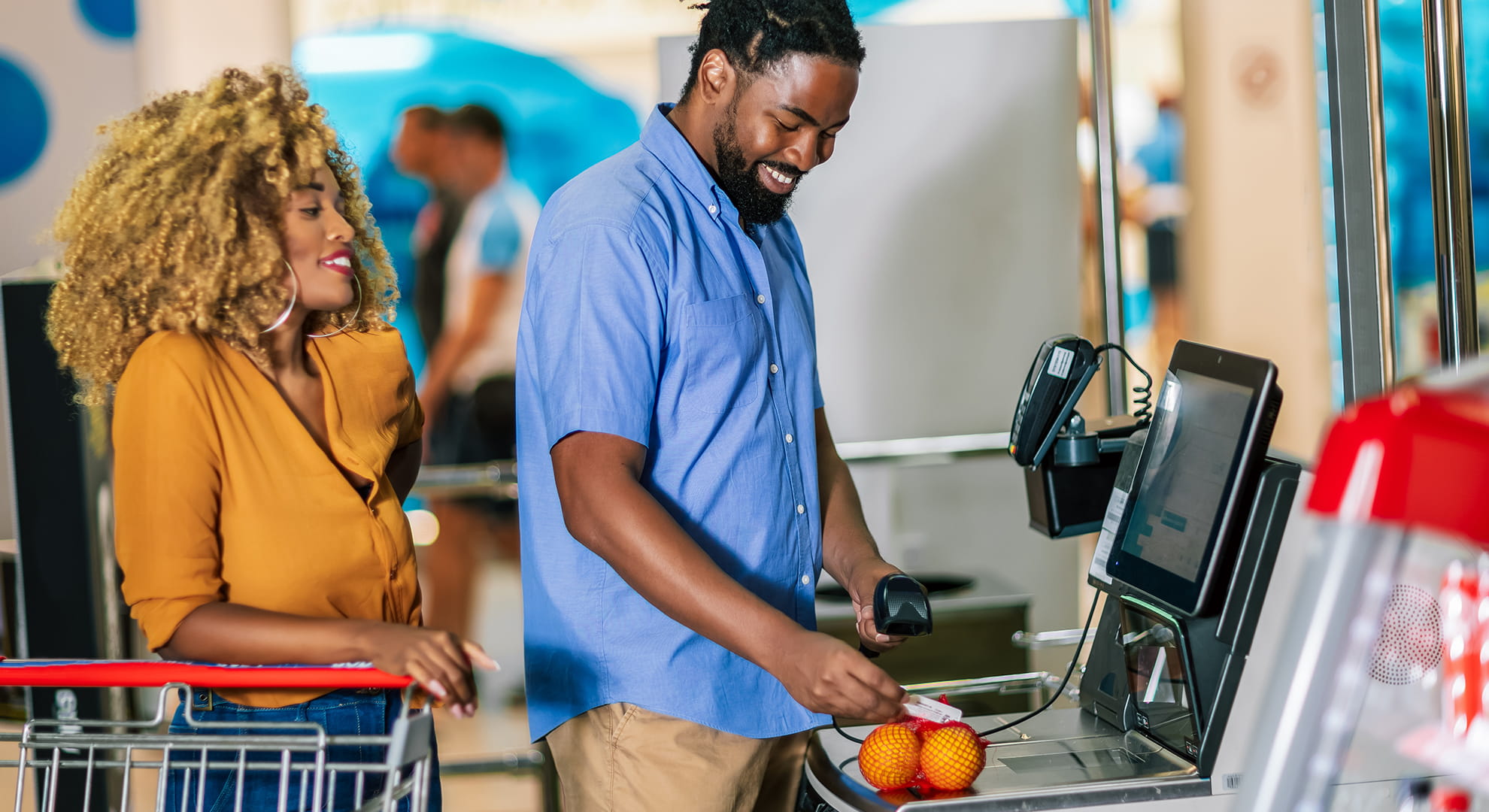While self-service technologies in the Australian retail space were initially brought on to create convenience, the self-checkout counters have become the bane of many shoppers' existence.
Researchers from Edith Cowan University (ECU) have found that for Australian retailers to create actual convenience for shoppers, corporations would need to make use of smart technologies instead.
"Most of Australia's retail stores are not making use of the very advanced forms of smart technology but are relying on rudimentary self-service technologies like the self-checkout counters. These rudimentary technologies often require human intervention, which inconveniences shoppers and is counter-productive to the aim of a more convenient shopping experience," ECU Professor of Marketing and Service Science, Professor Sanjit Roy said.
Professor Roy's research has found that a number of technologies already exist that can make the shopping experience more enjoyable and convenient, including smart trolleys that potentially allows shoppers to bypass the long checkout lines, and smart mirrors that will allow shoppers to engage with virtual try on for clothing and make-up.
Internationally, retailers like 7-Eleven, H&M, Aldi and Amazon are already making use of smart technologies, including offering cashierless stores, app-based retailing, and fully automated shopping baskets and automated self-checkouts.
"Since 2016, Amazon has been offering a frictionless shopping experience to customers in the US through their Amazon Go stores. Customers scan a barcode as they enter a store, pick what they need off the shelves and walk out of the store.
"Smart technology, driven by Artificial Intelligence, monitors what the customers purchase and tracks the stock levels in store, and customers are then billed through their Amazon accounts," Professor Roy added..
He noted that in addition to the novelty of the experience, smart technology also offered consumers the opportunity to personalise their shopping experience, adds enjoyment to their day and could actually add to the quality of their life.
Professor Roy's research investigated smart service value (SSV) in the retailing context, exploring the impact of smart technologies on customers engagement and trust.
"The findings from our research suggests that SSV significantly impacts the quality of life, suggesting that in-store smart service applications can contribute to customer wellbeing. We are hoping that the findings from this research could help retailers to strategically position smart service technologies in their stores, based on customer perceived SSV."
While the benefit of smart technology is obvious, Professor Roy said there is likely to be a cost associated with the use of this type of technology.
"In addition to the capital outlay from the retailers, SSV costs from a customer perspective would include privacy and security risks, perceived effort, and performance risk. It is ultimately up to the retailers to adopt favourably perceived in-store smart service applications and avoid those that may lower customer's quality of life."

 The self-checkout counters have become the bane of many shoppers’ existence.
The self-checkout counters have become the bane of many shoppers’ existence.



